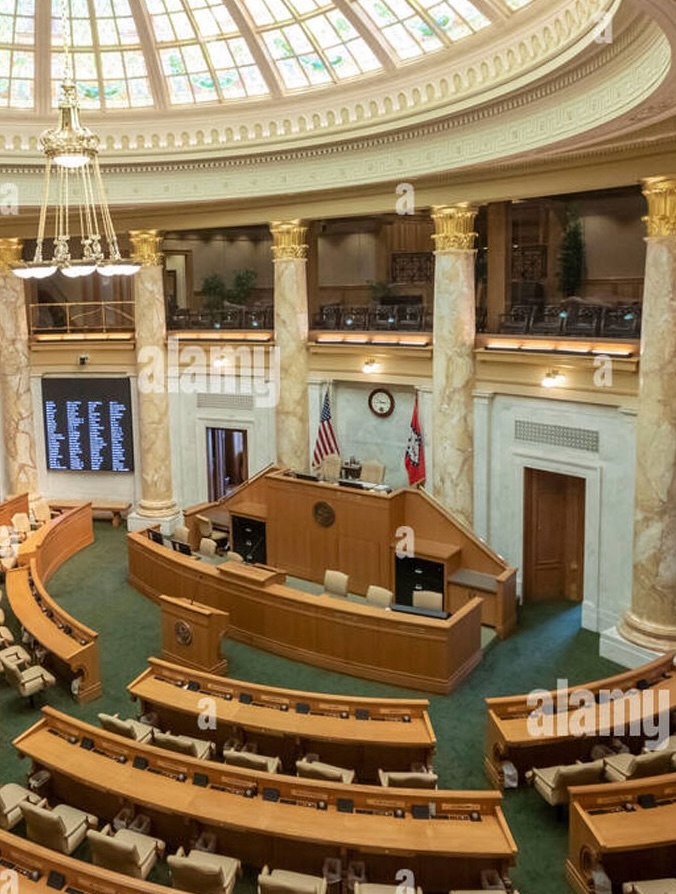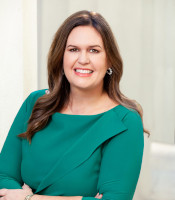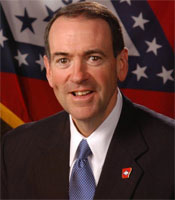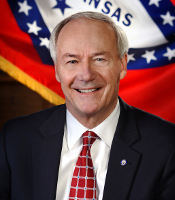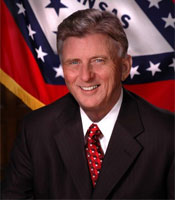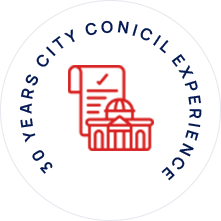"Arkansas jobless rate up to 3.6% in November, jobs up 1.07% year-over-year"
Talk Business
December 20, 2019
"State jobless rate stays rooted at 3.5%"
Arkansas Democrat-Gazette
Northwest Arkansas Democrat-Gazette
November 20, 2019
"Arkansas' jobless rate remains steady at 3.5%; more than 1,600 new jobs added last month"
Talk Business
November 19, 2019
"State's jobless rate creeps up to 3.5%"
Arkansas Democrat-Gazette
Northwest Arkansas Democrat-Gazette
October 19, 2019
"Arkansas' jobless rate edges up to 3.5% as state labor pool sheds workers"
Talk Business
October 18, 2019
"Fort Smith accountant plays role in government reorganization"
Booneville Democrat
Southwest Times Records
October 13, 2019
"Accounting and Reorganization"
Jonesboro Sun
October 10, 2019
"More of Arkansas' schools graded A in year evaluation: Also, fewer F's handed out"
Arkansas Democrat-Gazette
Northwest Arkansas Democrat-Gazette
October 10, 2019
"How low can it go? (Arkansas' Unemployment Rate)"
Arkansas Democrat-Gazette
Northwest Arkansas Democrat-Gazette
September 30, 2019
"Recession Call Is Premature"
Talk Business
September 8, 2019
"Unemployment rate in state dips to 3.4%"
Arkansas Democrat-Gazette
Benton County Daily Record
Northwest Arkansas Times
August 17, 2019
"Jobless rate falls in state to 3.5%, lowest on record"
Arkansas Democrat-Gazette
Benton County Daily Record
Northwest Arkansas Times
July 20, 2019
"State's jobless rate steady at 3.6%"
Arkansas Democrat-Gazette
Benton County Daily Record
Northwest Arkansas Times
June 22, 2019
"Arkansas jobless rate holds at 3.6%, nonfarm payrolls at record levels"
Talk Business
June 21, 2019
"New era for performance measures"
Jonesboro Sun
May 23, 2019
"For efficiency: agency will define reorganization"
Arkansas Democrat-Gazette
Benton County Daily Record
Northwest Arkansas Times
May 6, 2019
"Reorganizing state government"
Arkansas Business
May 6, 2019
"The Texas school choice market"
Abilene Reporter-News
April 6, 2019
"Notes on a high-performing Delta county"
Talk Business
March 27, 2019
"State jobless rate up: industry gains"
Arkansas Democrat-Gazette
Benton County Daily Record
Northwest Arkansas Times
March 23, 2019
"Tax liens an overlooked problem in Arkansas"
Batesville Daily Guard
March 22, 2019
"State's jobless rate holds in January"
Arkansas Democrat-Gazette
Benton County Daily Record
Northwest Arkansas Times
March 12, 2019
"Speakers Circuit"
El Dorado News-Times
March 10, 2019
"Citizenship informs efficiency"
El Dorado News-Times
March 9, 2019
"Incentives to Pander"
Regulation
Spring 2019
"Give Families Freedom to Choose"
Arkansas Democrat-Gazette
Benton County Daily Record
Northwest Arkansas Times
February 5, 2019
"Arkansas manufacturing sector faces dearth of skilled workers with tight labor pool, low unemployment"
Talk Business
February 2, 2019
"Senate panel takes up governor’s transformation plan, asks for financial impact analysis"
Talk Business
January 22, 2019
"Arkansas joblessness rate stays put at 3.6%"
Arkansas Democrat-Gazette
Benton County Daily Record
Northwest Arkansas Times
El Dorado News-Times
January 19, 2019



